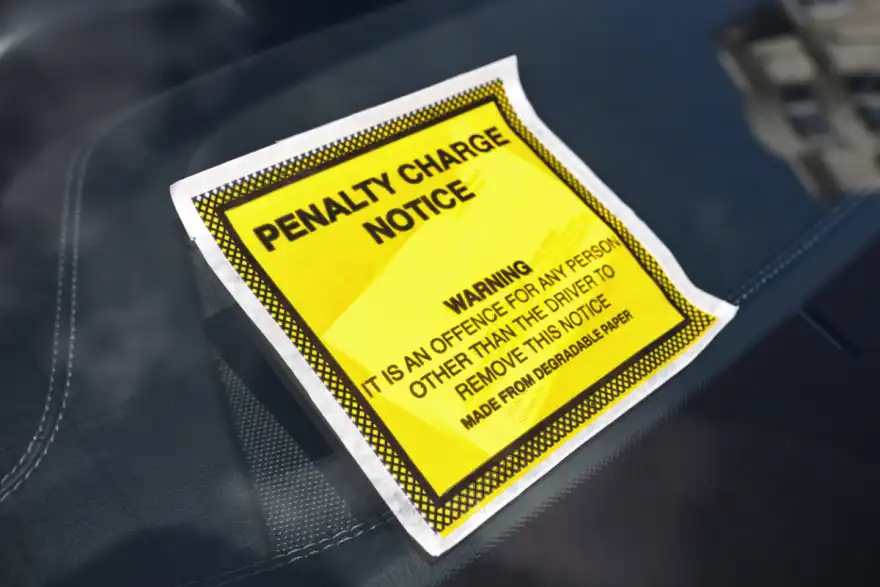
Anyone parking with their wheels on the pavement in Scotland could now face a £100 fine, as new Transport (Scotland) Act rules come into force today.
Under the fresh legislation, offences such as pavement parking, double parking, and parking at dropped kerbs are all subject to local councils imposing a £100 fine, reduced to £50 if paid within 14 days. Local authorities may designate certain exemptions, such as allowing access for emergency vehicles, but the rules are applicable throughout Scotland.
The Scottish government states that these rule changes will benefit pavement users, including those pushing baby buggies and individuals with mobility issues or visual impairments. It could potentially impact car ownership in urban areas, as drivers may need to relinquish their usual parking spots if they no longer comply with the regulations.
Although not explicitly stated, this implication is present in comments made by the Scottish Minister for Transport, Fiona Hyslop: 'We're highlighting the danger that illegal pavement parking poses to pavement users, and in particular those with mobility issues or visual impairments, or parents pushing prams and buggies,' she said.
Scotland is the first of the four nations to make pavement parking illegal nationwide. Hyslop emphasised that this legislative change is a step toward developing communities that better support active travel and contribute to efforts to reduce emissions, aligning with Scotland's climate change targets.
In the rest of the UK, parking on the kerb is currently only illegal in London. The Highway Code merely recommends that drivers 'should not' park on the kerb, and there is no legislation forbidding the practice elsewhere. This means drivers can only be fined if a police officer deems their parking obstructive.
The UK parliament initiated an inquiry into pavement parking in 2020, and environmental and disability groups have been lobbying for change. RAC Head of Policy, Simon Williams, suggests that the Scottish experience will be closely monitored by MPs and civil servants to gauge public and driver reactions. He hopes that councils prioritise educating drivers about the changes rather than immediately issuing fines.
While the Department for Transport is still considering similar measures in England following a 2020 consultation, Williams opposes an outright ban. Instead, he advocates for local authorities to have enforcement powers to address unnecessary pavement obstruction, saving taxpayers' money by avoiding the expenses of road surveys, exemptions determination, and implementing new signs and road markings.
What are your thoughts on introducing similar fines across the rest of the UK? Share your opinions in the comments section below...




